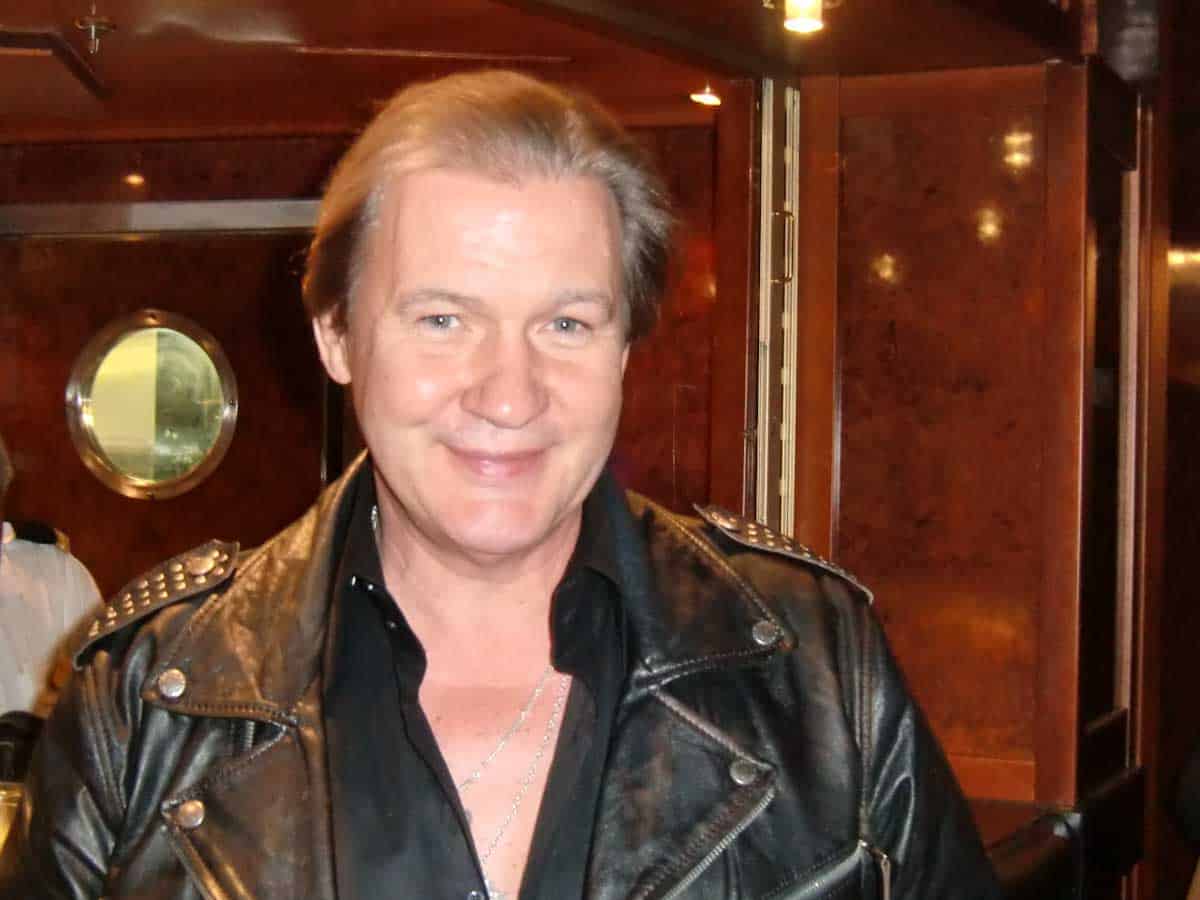This year in Malmö 2024, Ireland will mark its 57th participation in the Eurovision Song Contest. Ireland holds a prestigious status in the competition’s history, boasting seven victories in total. However, last year, Sweden caught up, also securing seven victories. One of Ireland’s most remarkable records is winning the contest three consecutive years, from 1992 to 1994, a feat unmatched by any other country to date. It’s safe to say that the 1990s were the golden era of Irish dominance in the Eurovision Song Contest.
In recent years, numerous countries have chosen English-language songs in hopes of boosting their chances of success, following the trend set by Irish and UK entries. However, this shift has posed a challenge for non-native English-speaking countries to distinguish themselves, as their songs may not resonate as readily with the broader audience. Moreover, the growing number of participating countries has heightened the competition, making it increasingly difficult for any single country to maintain consistent success.
Furthermore, the introduction of the Semi Finals in 2004 has significantly contributed to a decline in overall interest in the Eurovision Song Contest. With Ireland now required to navigate the qualification process annually, there’s no guarantee of reaching the Grand Final anymore. Various factors may be at play, including a shortage of compelling songs, modern compositions, and the overall intensification of competition. Some attribute this perceived decline in Irish fortunes to the inclusion of Eastern European countries, suggesting that increased diversity has diluted Ireland’s chances of success.

In the annals of Eurovision history, one standout figure for Ireland is Johnny Logan. He achieved the remarkable feat of winning the contest twice as a singer, with “What’s Another Year” in 1980 and “Hold Me Now” in 1987. Impressively, Logan also secured victory as a composer with “Why Me,” performed by Linda Martin in 1992. His triple triumph solidifies his legacy as one of the most celebrated figures in Eurovision lore.
Ireland still maintains relatively high odds of securing a spot in the Top 10, standing at 56%. The country’s musical identity is often associated with ethnic music and ballads, although there have been endeavours over the years to introduce modern pop music into the Eurovision arena. Notably, Jedward injected a fresh energy into the contest with “Lipstick” in 2011, earning 8th place, and “Waterline” in 2012, placing 19th. However, in recent years, Ireland has faced challenges, failing to advance to the Grand Final five times in a row. Apart from Ryan O’Shaughnessy‘s performance with “Together” in Lisbon 2018, Ireland has struggled to make it past the Semi Finals.
Biggest successes
1st place, Dana with “All Kinds Of Everything” (Amsterdam 1970)
1st place, Johnny Logan with “Hold Me Now” (Brussels 1987)
1st place, Niamh Kavanagh with “In Your Eyes” (Millstreet 1993)
History
- Debut: 1965
- Participations: 57
- Victories: 7
- Finals: 46 (9 since 2004)
- Chances to reach the final: 81% (45% since 2004)
- Top 10: 32 (3 since 2004)
- Chances to reach the Top 10: 56% (15% since 2004)
- Last places: 4
Video Nostalgia
Colm T. Wilkinson with “Born To Sing”, Rank 5 (Paris 1978)
Luv Bug with “You Can Count On Me”, Rank 4 (Bergen 1986)
Mickey Harte with “We’ve Got The World”, Rank 11 (Riga 2003)







